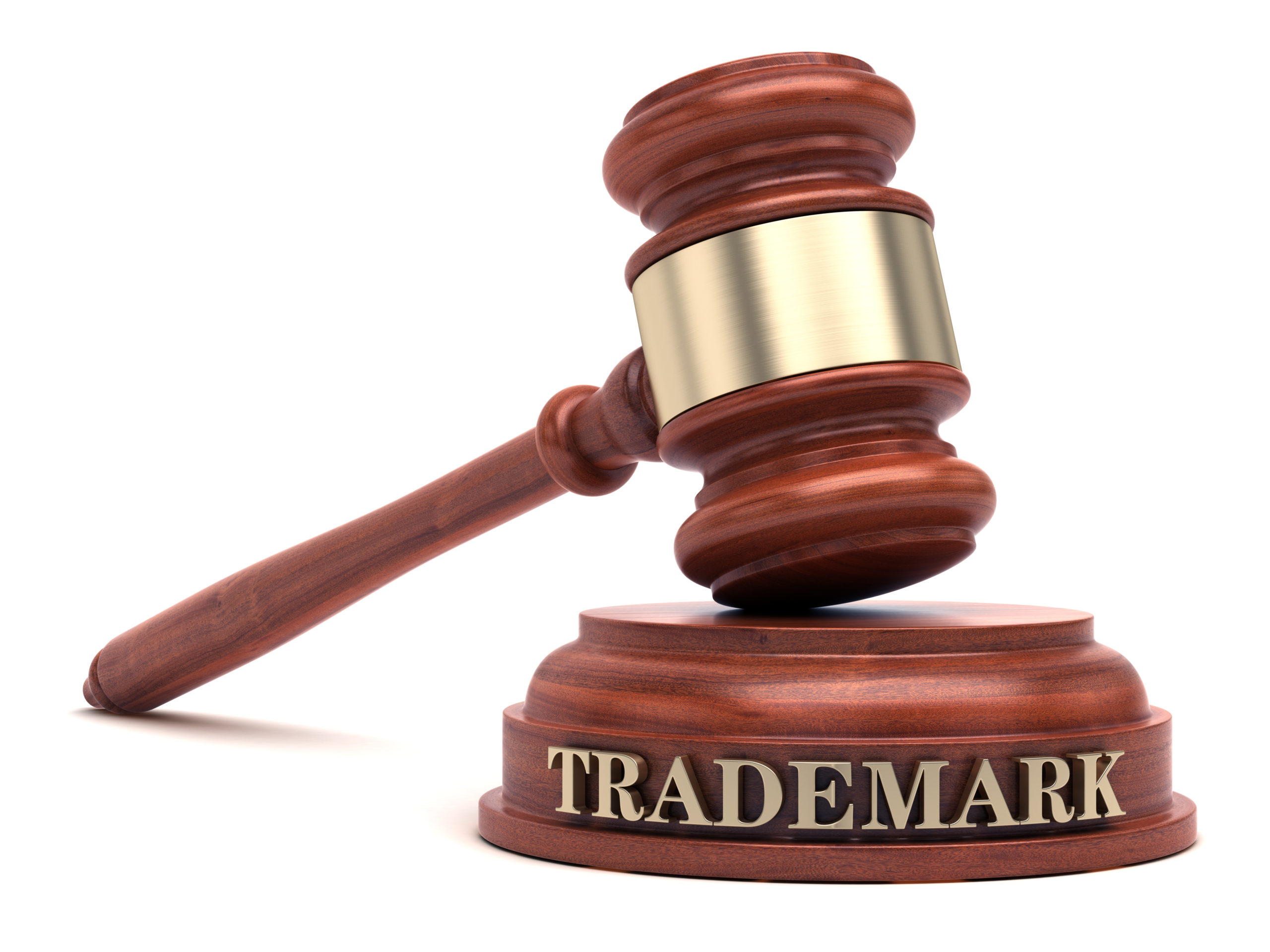What is Trademark Bullying?
The United States Patent and Trademark Office (“USPO”) defined a trademark bully as “a trademark owner that uses its trademark rights to harass and intimidate another business beyond what the law might be reasonably interpreted to allow”.
Trademark bullying is the process of large worldwide famous companies aggressively asserting their trademark rights over smaller businesses. Even though it is a common practice in the trademark world for trademark owners to “police” the use of their trademarks in the market, sometimes big companies take this “policing” a step further, counting on the inability of small businesses to finance prolonged court litigation over their trademark rights. Therefore, the end goal of “trademark bullies” is to drive smaller businesses with a similar product out of the market for that product. Sometimes the big companies also view trademark bullying as a deterrent strategy to prevent any possible future attempts of infringement.
How Do I Protect My Business from Trademark Bullying?
When larger companies begin “bullying” a smaller business into abandoning their product, they often send a strong-worded “cease-and-desist letter” to them. Such a letter could be a sufficient and intimidating warning for many. Numerous small business owners have reported to the USPO that they have abandoned their trademark applications after they have received such a letter from a big company, as they did not have the resources to litigate against a more powerful business. This is exactly the effect that trademark bullying is seeking.
It is, therefore, very important for small business to familiarize themselves with the fundamentals of trademark law as well as other ways they can protect their brands at the very onset of their business operations. If you do experience trademark bullying, it is advisable for small business owners to consult an attorney before taking any action.
Do I have a Chance to Keep my Product if I’m Being Trademark Bullied?
The short answer is yes. In U.S. trademark law, it is the plaintiff’s (the larger company’s) burden to prove that a trademark infringement took place. That means that the plaintiff has to show that:
- There is a registered trademark and
- The defendant’s use of the mark has created a likelihood of consumer confusion, mistake, or deception.
The defendant (smaller business), on the other hand, may use trademark bullying as a defense, along with allegations of monopolistic conduct by the plaintiff as well as defamation and others.
Oftentimes, if summary judgment is entered in favor of the defendant, the defendant could be entitled to compensation.
Choose a Unique Business Name Early
Trademark bullying may force a young business to rebrand and pick a new name. Thus, business owners should make sure to select a business name that is unique, not generic, and not similar to any other similar business. It is important to conduct a comprehensive search or hire a professional firm to perform a comprehensive search on both the internet and the USPTO to avoid potential trademark conflicts.






